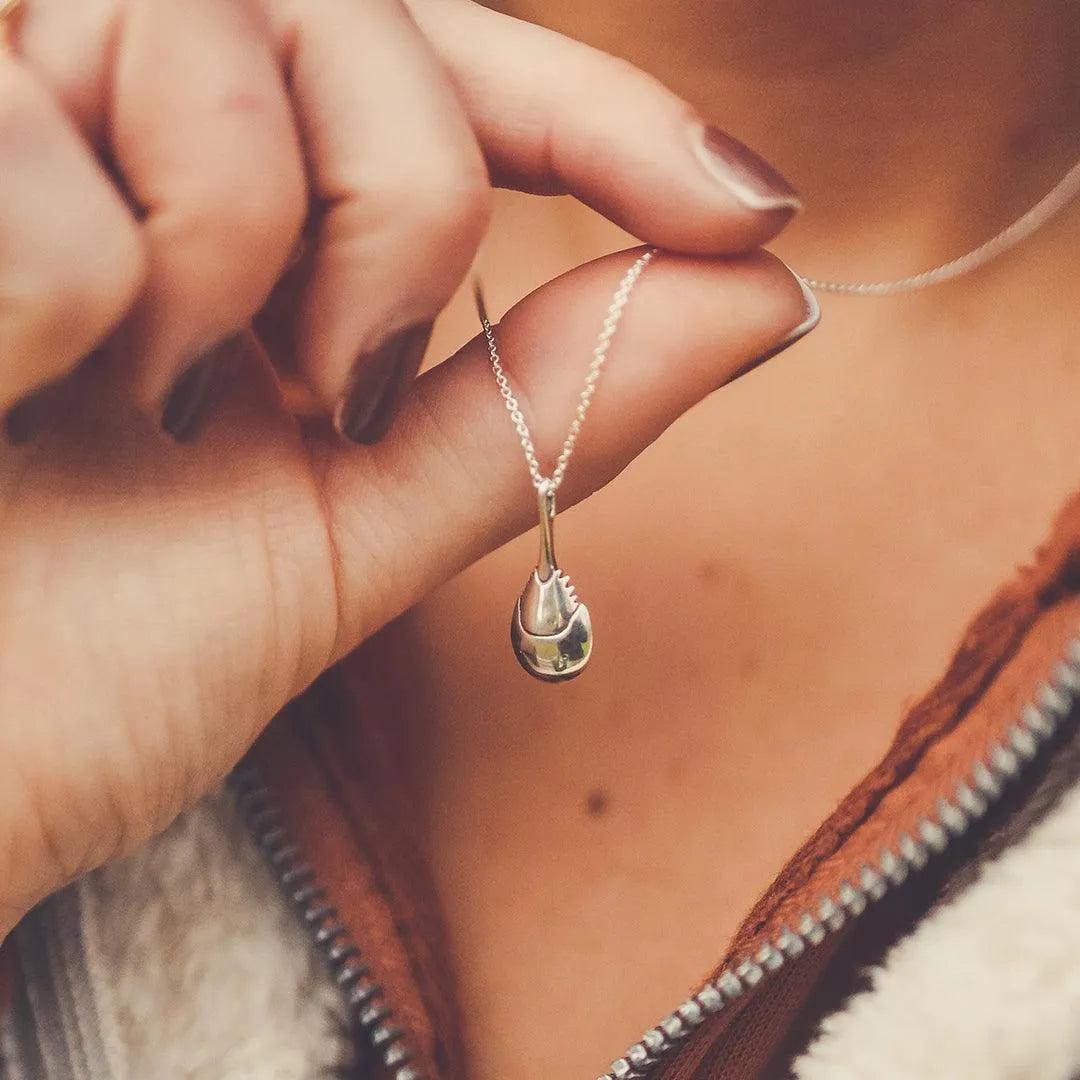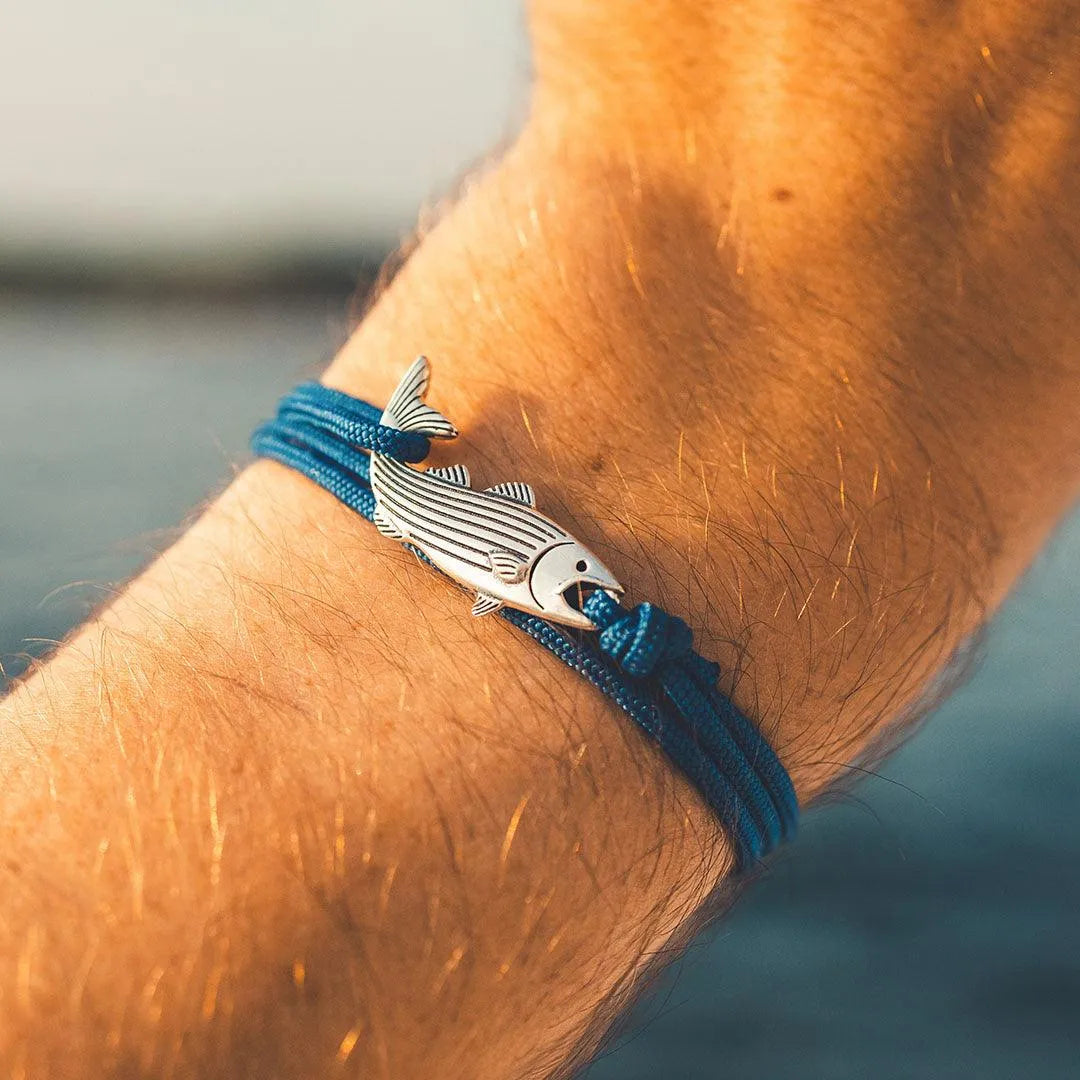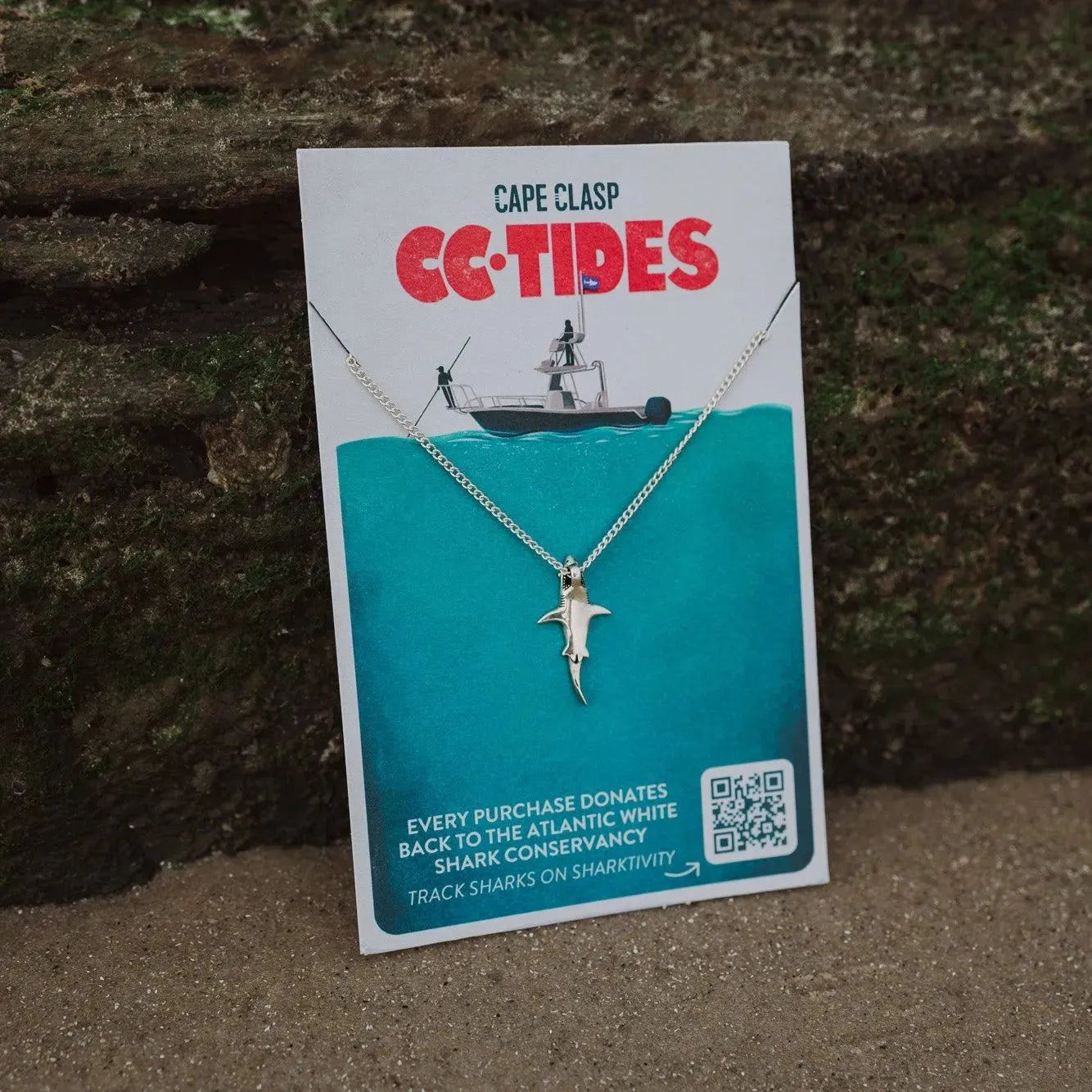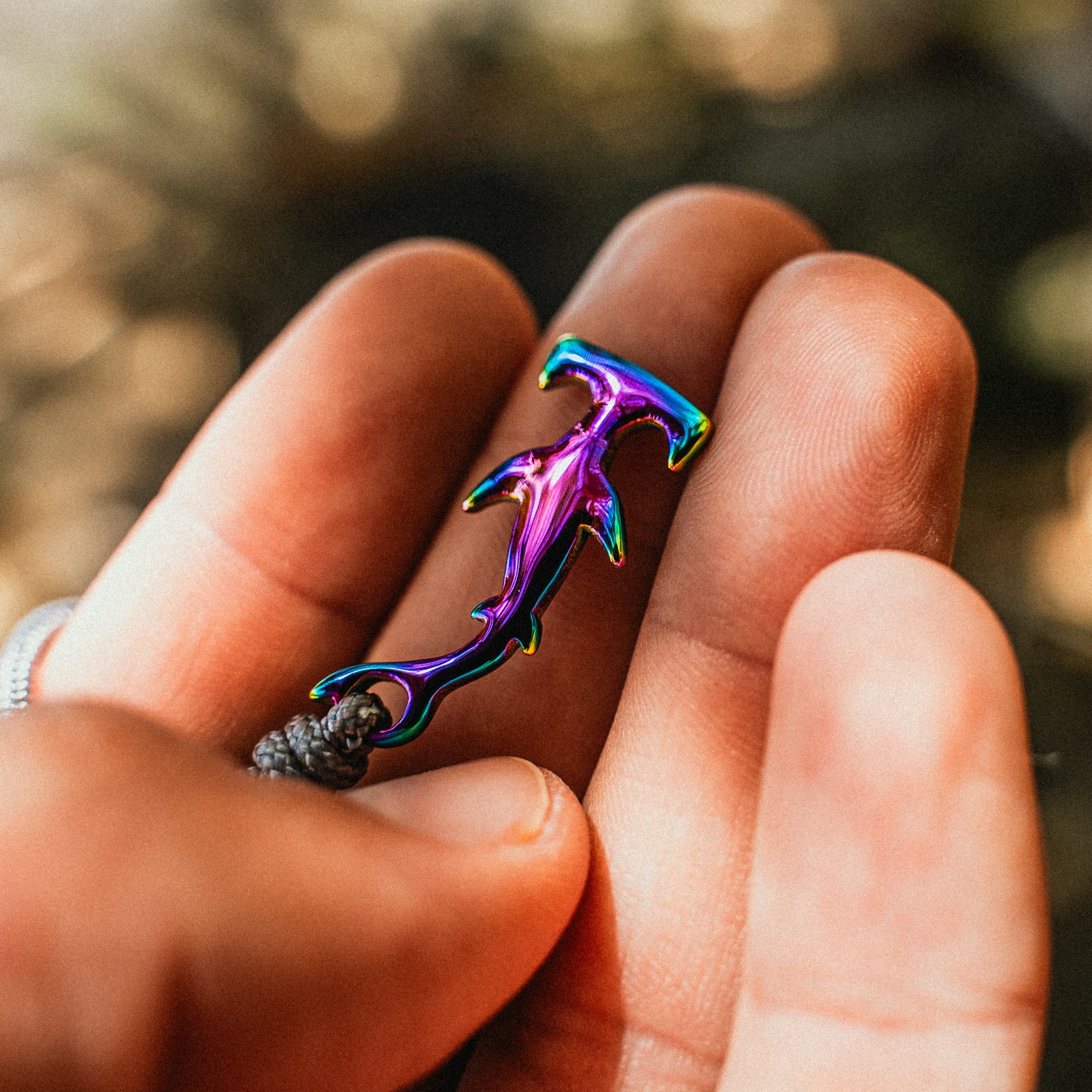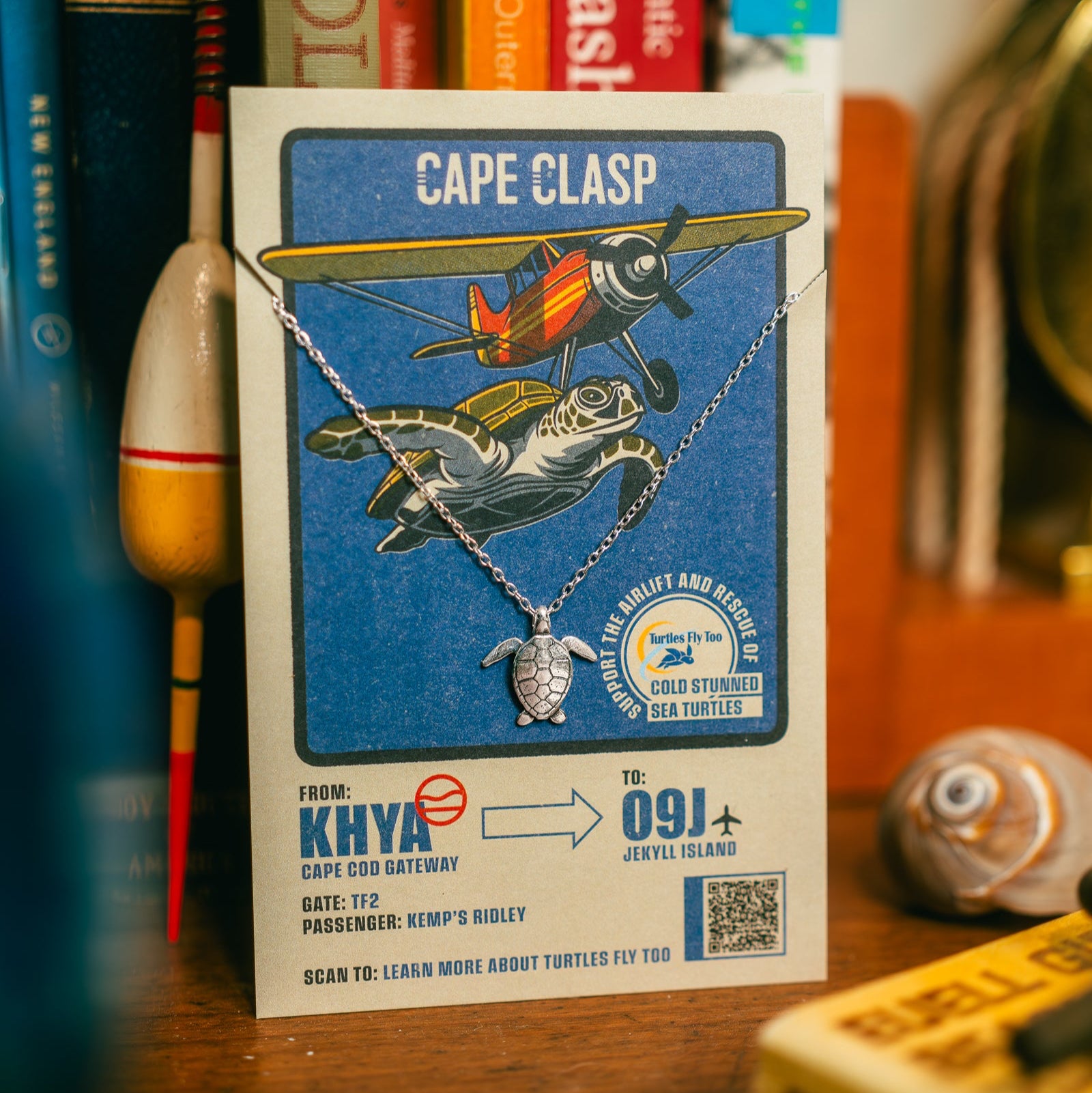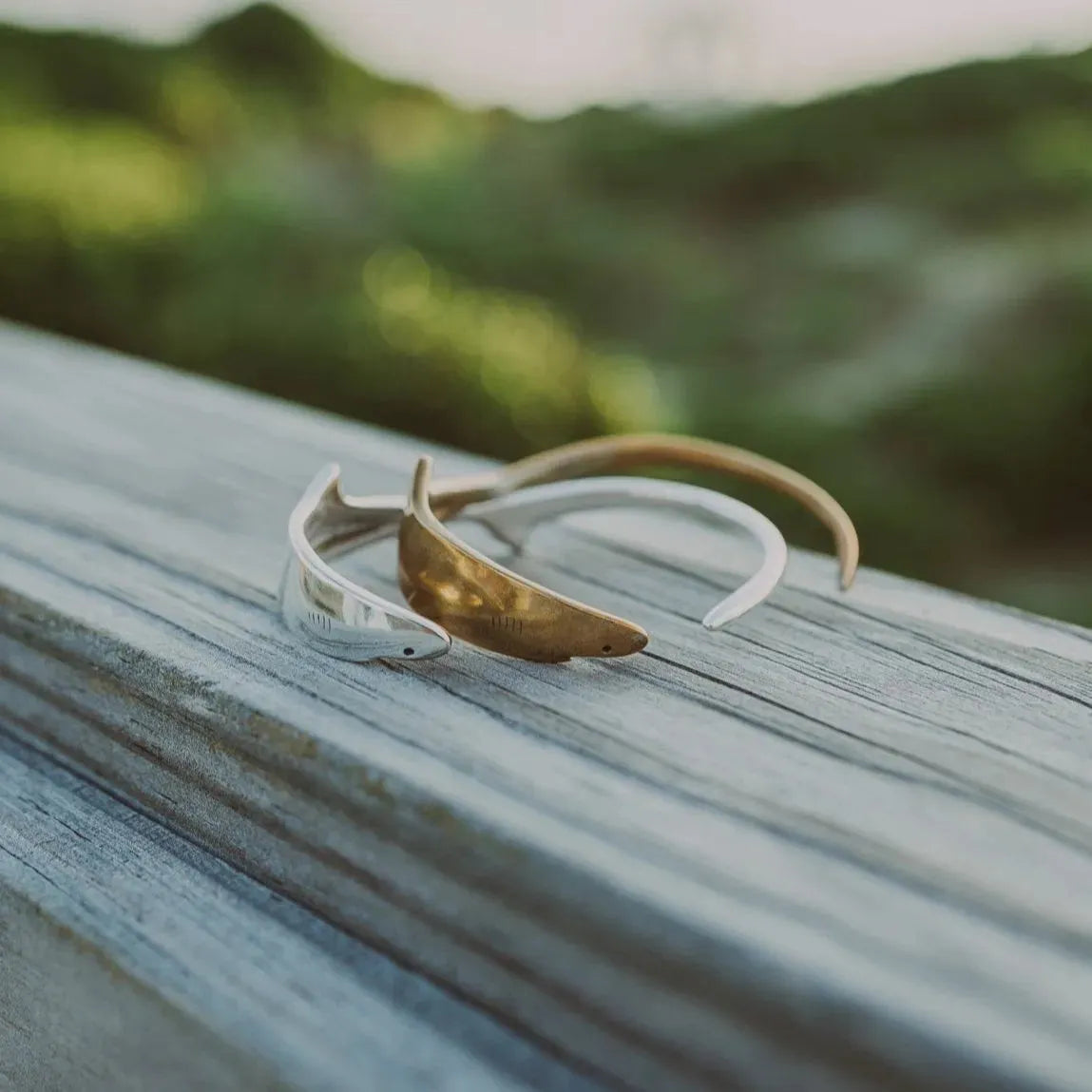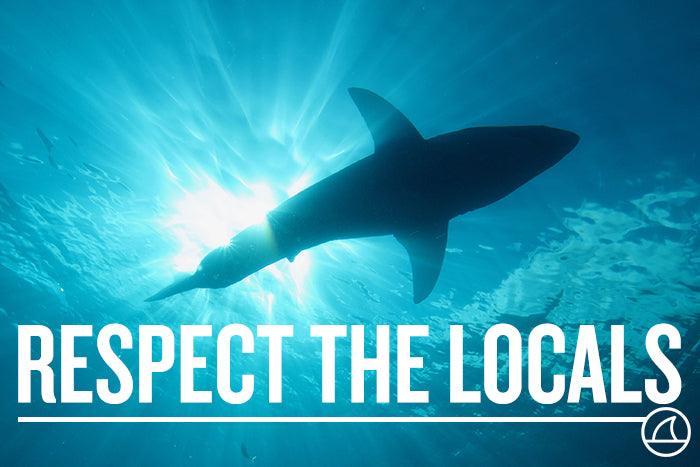
Respect the Locals and Get Shark-Smart
Cape Cod isn’t just the summer home of people from around the world, many great white sharks also head to the region to dine on the thousands of seals that live on its shores.
Unfortunately, these sharks are the victims of an undeserved reputation of being bloodthirsty, ruthless killers. The truth is, most encounters with sharks are a case of mistaken identity: Humans aren’t on the list of sharks’ favorite foods, they simply mistake us for something else. Sharks use their mouths to investigate objects they come across in the ocean, even when that object is a swimmer or surfer. Last year, there were just 66 unprovoked shark bites in the entire world, while humans kill an average of 100 million sharks each year.
The number of shark sightings on Cape Cod is growing, but that doesn’t mean the waters are unsafe, we just need to use more caution when entering heading to the beach. Follow these shark-smart tips to reduce your chances of coming in contact with a shark:
- Avoid swimming at dawn, dusk, or at night as this is when sharks are most likely to feed.
- Keep your distance from seals. Always stay at least 150 feet away from seals, or better yet, leave the water as they’re swimming by.
- Never, ever swim alone.
- Exercise extra caution when surfing or boogie boarding. Most shark bites happen at the surface, and a surfer can look eerily similar to a seal from below.
- Always listen to lifeguards and other beach personnel. If the authorities say to leave the water, do it. And, if a purple flag is flying, stay even more vigilant - it means white sharks may be in the area.
- Leave the shiny jewelry at home. Sharks may mistake it for the flash of a fish’s scales.
- Steer clear of schools of fish and fishermen. Fish attract seals and seals attract sharks, so it’s best to avoid them.
- Stick to the sand if you have an open wound. Great whites can detect a single drop of blood in 25 gallons of water and when you’re bleeding, you may inadvertently attract one that is swimming nearby.
- Limit the horseplay since lots of splashing may signal prey to a nearby shark.
- If you see a fin, immediately leave the water and do not re-enter it until the proper authority has given the all-clear.
- Download the Sharktivity app to track recent shark sightings and report your own.
Remember, sharks prefer high-fat prey, like seals, and rarely seek out humans. Encounters do happen, but by following these tips and respecting the locals, swimmers and sharks can peacefully coexist.
We can all do our part and help turn the tide on the demonization of sharks by spreading the word about staying safe in the ocean and educating others on the truth about shark behaviors. Even just changing the words we use to describe interactions with sharks (i.e. saying shark sighting, encounter, bite, or fatal bite instead of attack) can help reduce the fear surrounding these fascinating animals.
Help keep the conversation going by wearing a Cape Clasp shark design. 15% of profits from each design are donated to a related nonprofit organization, like the Nakawe Project, The Watermen Project, and the Atlantic White Shark Conservancy. If we all do our part, we’ll #makewaves to protect sharks around the world.
Support great white shark research with our Half and Full Great White Shark Clasp, Great White Shark Ring, and Shark Fin Necklace.

